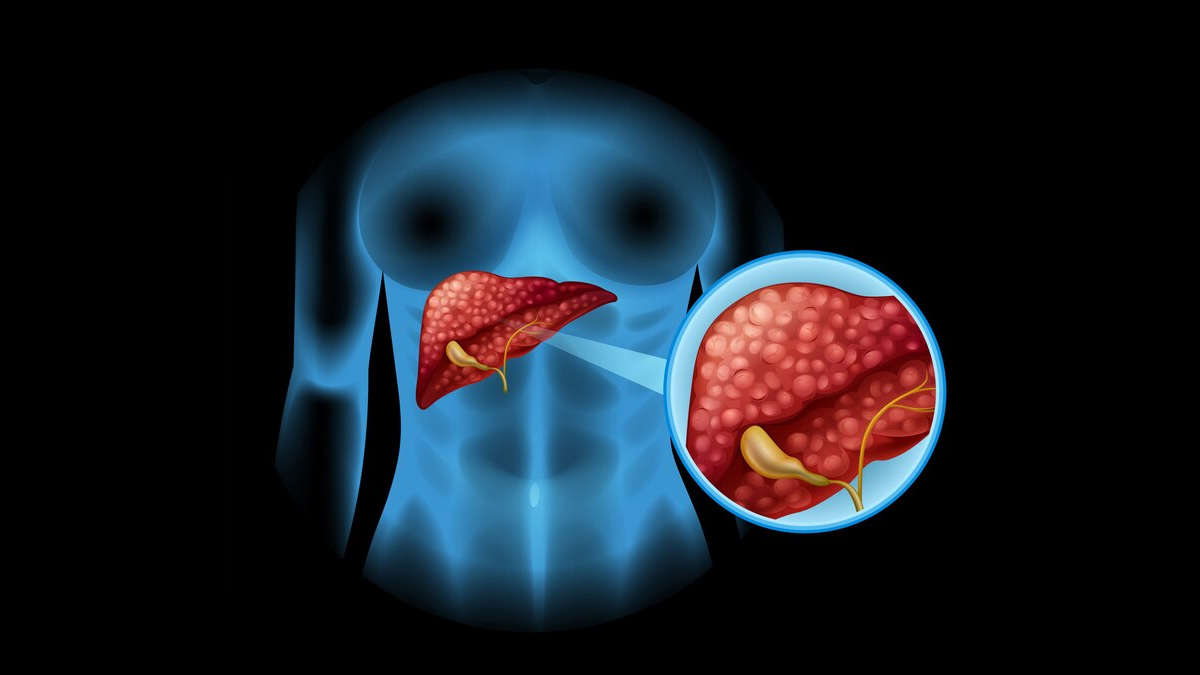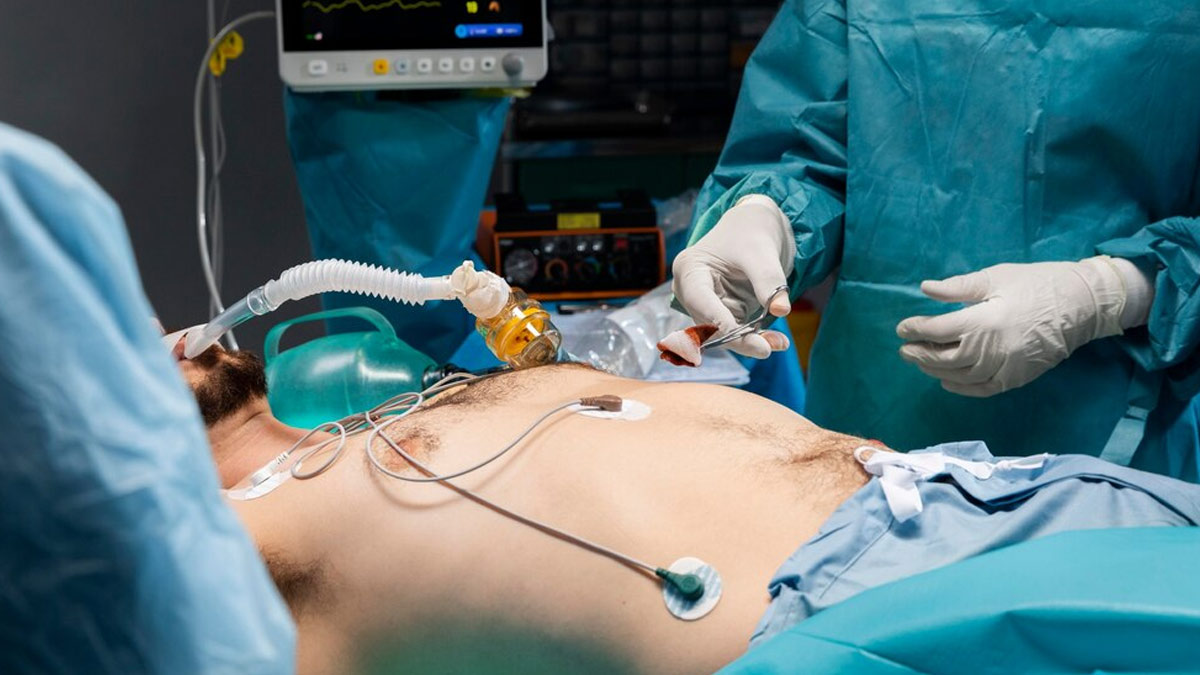
In medical terms, gallbladder removal is called cholecystectomy. It requires a surgical procedure that has become increasingly common. It raises important questions regarding its safety and the circumstances under which it is necessary.
Table of Content:-
“When there is considerable pain, a surgeon removes the gallbladder, and further tests are performed to confirm. Following this, the procedure is performed. There aren't many reasons to have your bladder removed. It is performed primarily because of gallbladder stones,” said Dr K N Srivastava, Director and Head of Department, General And Minimal Access Surgery, BLK Hospital, Delhi.
Role Of Gallbladder
The gallbladder is a small, pear-shaped organ located beneath the liver. Its primary function is to store and concentrate bile, a digestive fluid produced by the liver, which is essential for digesting fats. However, in some cases, the gallbladder can develop issues, leading to painful and potentially dangerous complications.
When Is Gallbladder Removal Necessary?
Gallstones
Gallstones are one of the most common reasons for gallbladder removal. These small, hard deposits can form in the gallbladder, causing intense pain, inflammation, and even infection. When gallstones lead to repeated episodes of discomfort or severe complications, surgery may be recommended.
Also read: From Protein Alternative To Liver Health, Here Are Some Health Benefits Of Beans
Gallbladder Inflammation
“Inflammation of the gallbladder, known as cholecystitis, can occur when gallstones block the bile ducts. This condition can be extremely painful and requires prompt treatment, often with surgery,” said Dr Srivastava.

Biliary Dyskinesia
According to the National Library of Medicine, biliary dyskinesia is a condition of the functioning gallbladder. It impairs the motility of your gallbladder, or its capacity to transfer bile into your bile ducts. More rarely, the motility disease affects the tiny muscle at the junction of your bile conduit and your gut. Some people may experience gallbladder dysfunction without the presence of gallstones. This condition, known as biliary dyskinesia, can cause chronic pain and digestive issues. In such cases, removing the gallbladder may be the best course of action to alleviate symptoms.
Safety of Gallbladder Removal
Gallbladder removal is generally considered safe. It is often done laparoscopically, which involves small incisions and a shorter recovery time compared to open surgery. However, like any surgical procedure, there are potential risks and complications, such as infection, bleeding, and injury to nearby organs. Your surgeon will discuss these risks with you before the surgery.

Life After Gallbladder Removal
"The only precaution after surgery for any patient who has had gallbladder surgery is that the patient must be on a fat restricted diet for about a month," Dr Srivastava stated. However, after a month, the patient is entirely normal in every way." He went on to remark, "They need a one-month fat-free diet to allow the body to adjust without a gallbladder." Bile is secreted from the liver and deposited in the gallbladder. The gallbladder has no other purpose except to store the bile generated by the liver. Once the bile secreted from the gallbladder, it is pushed directly into the small intestine by the liver. As a result, there is no disadvantage of taking out the gallbladder.
Also read: How Fatty Liver Impacts Your Heart Health And Beyond, Expert Explains
After gallbladder removal, most people can continue to lead a normal life. The body adapts to the absence of the gallbladder, and the liver still produces bile, which is released into the digestive system to aid in the digestion of fats. However, some people may experience changes in their diet, including the need to monitor fat intake to avoid digestive discomfort.
In a nutshell, gallbladder removal is a frequently practised surgical treatment that is usually safe and effective, especially when done correctly. It is frequently required when gallstones, inflammation, or gallbladder dysfunction cause substantial pain and consequences. If you are suffering gallbladder symptoms, it is critical to speak with a healthcare professional who can advise you on the best course of action and discuss the potential benefits and dangers of gallbladder removal.
Also watch this video
How we keep this article up to date:
We work with experts and keep a close eye on the latest in health and wellness. Whenever there is a new research or helpful information, we update our articles with accurate and useful advice.
Current Version